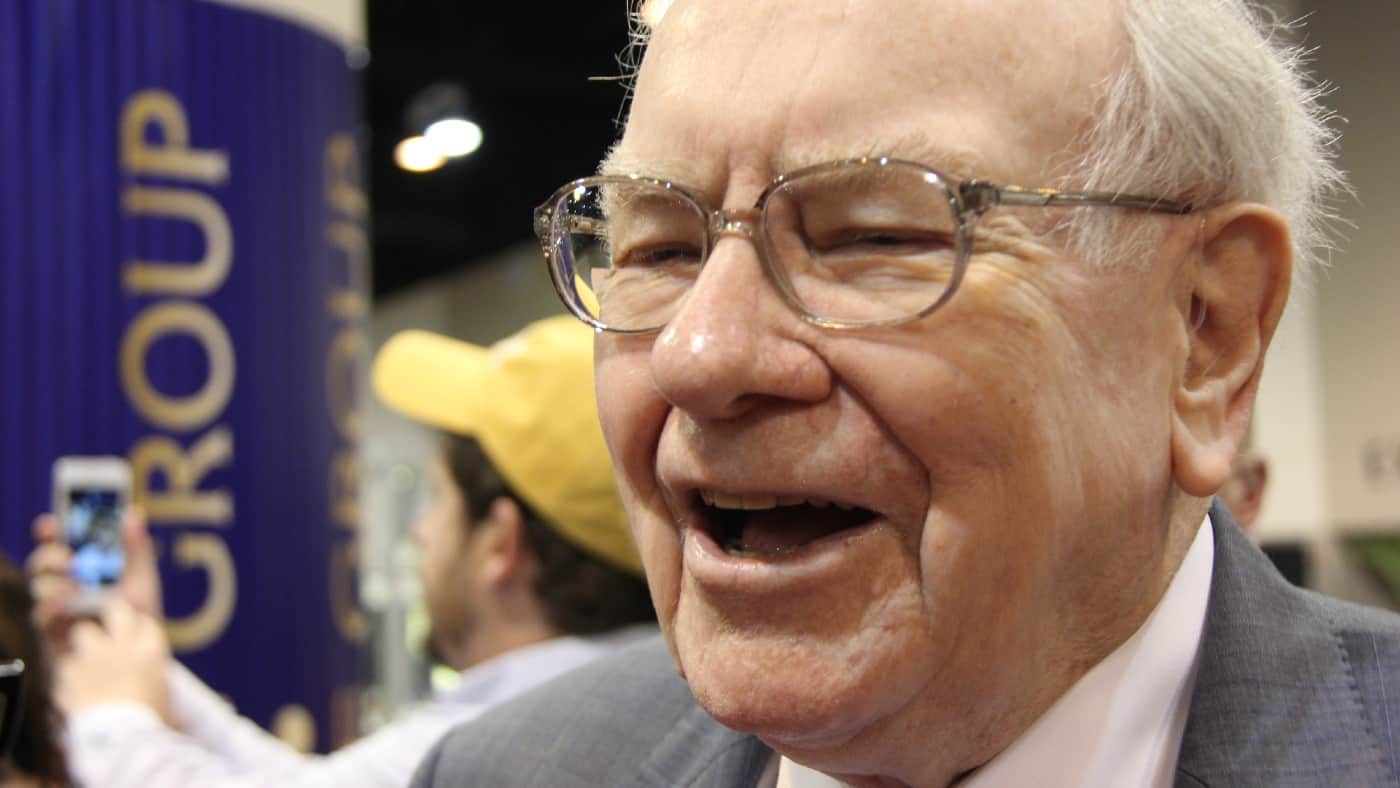Warren Buffett is one of the most successful investors worldwide. He’s amassed a fortune worth over $100bn. So, it’s no wonder that many investors hang on his every word.
The legendary investor uses a value investing strategy and this has transformed Berkshire Hathaway — a company he has led for over five decades — into one of the world’s most valuable organisations.
But there’s something in Berkshire Hathaway fourth-quarter and full-year operating results — released in late February — that’s concerning investors.
A warning
Buffett searches for stocks that trade below their book or intrinsic value — that’s essentially a value investing strategy. These stocks are certainly easier to come across in bear markets.
And while he takes very long positions, Buffett sells when his investments have realised their potential. Naturally, value investors also tend to sell when the market is peaking.
So, what can we take from Berkshire Hathaway’s Q4 results?
Well, we can see that between 30 June 2022 and the end of the year, Berkshire Hathaway’s cash, cash equivalents, and treasury securities grew from $105.4bn to $128.7bn.
That’s a considerable increase of $23.3bn. So, if Buffett is moving to cash, is this a warning?
Well, it’s always healthy to have cash to hand and Buffett has always said he doesn’t want Berkshire Hathaway to be strapped for cash.
However, for me, this is clear sign that Buffett thought the market was peaking or didn’t offer him the value he was looking for during the six months.
So, maybe Buffett sees a correction coming. That’s definitely how some investors are reading the report.
Hunting value
Buffett invests primarily in US-listed stocks. These, therefore, are predominantly American or Chinese companies. As far as I’m aware, Diageo is the only company owned by Berkshire that is actually British.
It’s not a great sign that the world’s most famous investor doesn’t invest in British stocks. But it also means Buffett’s possible concerns about the stock market are unlikely to represent an issue for UK investors.
Several investors have suggested that US stocks may have peaked and therefore will push downwards this year. British investor Jeremy Grantham, the co-founder of GMO — an investment management firm established in 1977 — contends that the S&P 500 will fall 16.7% by year’s end.
Considering the index is actually up 6.5% year to date (down 3% over 12 months), it could have 23.2% to fall if Grantham’s forecasts are correct.
Increasing interest rates may be one part of this. After all, higher interest rates incentivise savings and the buying of government debt. It also disincentivises investing in growth because a dollar today becomes even more valuable than a dollar in one year’s time.
As a UK-focused investor, I’m not too concerned. US stocks trade at considerable premiums versus their UK counterparts. I’m still expecting the UK stocks to push upwards this year.







